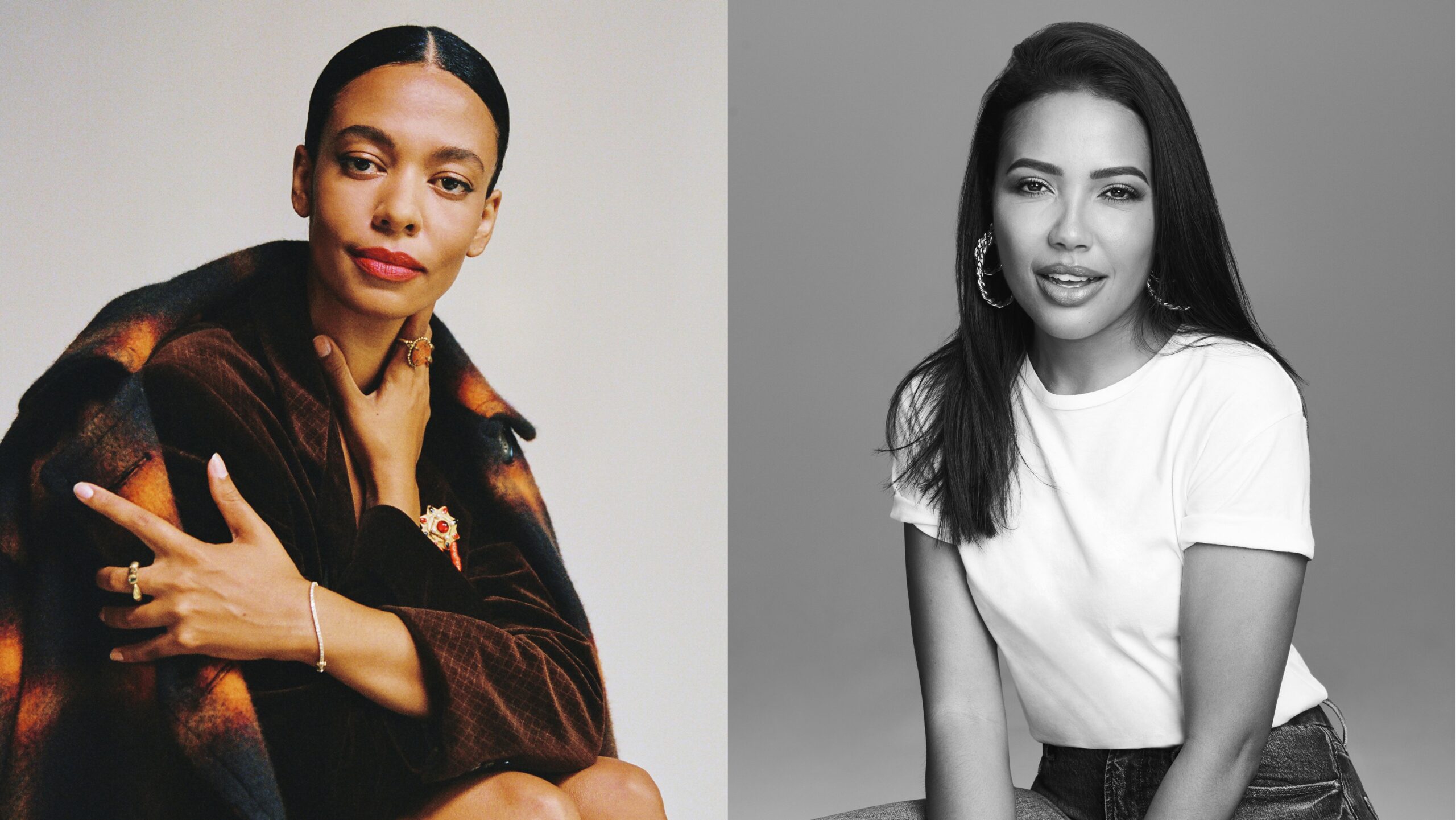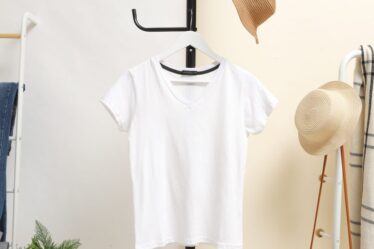
The 15 Percent Pledge’s newest signatory, Nordstrom, is a big get for the organisation.
It’s not just the company’s size, though with over $10 billion in sales last year and hundreds of stores, the Seattle-based retailer has just agreed to steer some serious cash toward Black-owned brands by increasing its spend on them tenfold. It’s also due to Nordstrom’s contractual agreement to follow the Pledge’s goal setting for 10 years, a longer time commitment than that of any other signatory.
The partnership also signals the Pledge is thinking beyond the current moment, setting up its work to continue into the next decade and long after the historic protests of the summer of 2020.
“Ideally, the Pledge, honestly, becomes so successful that it ages itself out of relevance and we get to a point where people [think], ‘Wait, that used to be a thing?’” said Aurora James, the designer and creative director of Brother Vellies. She founded the Pledge after the killing of George Floyd in May 2020 to urge retailers through Instagram to increase the amount of inventory they order from Black-owned brands, which in many cases represented only a few percentage points of total vendor lists.
Early signatories included Sephora, Rent the Runway and even Vogue magazine, which pledged to increase the diversity in its pages and talent roster. But the Pledge has managed to keep signing major companies month after month, even as the fashion industry struggles to recover from the financial fallout of the pandemic, and even after some consumers’ support for race and criminal justice issues has ebbed. White Americans’ support for the Black Lives Matter movement has dropped down to the same level it was before Floyd’s death, according to data from Civiqs reported by FiveThirtyEight in April.
But in the last two months, MatchesFashion, Ulta and J.Crew have signed onto the Pledge. And in the year since its launch, the organisation said that as a result of retailers’ pledge commitments, $10 billion in revenue has gone to Black-owned businesses.
“Ultimately, yes, things have gotten a little bit harder because people aren’t feeling as much this dire pressure [to take action],” said James. “But it’s also giving us a good opportunity to see which companies are truly, truly in it, because it’s easy to work on things when everyone’s screaming at you.”
Many fashion and consumer businesses like Sephora and Target are betting their support of diversity and racial equity initiatives still matter to shoppers, and have announced initiatives in recent months about their efforts to diversify their leadership or make their stores more welcoming to minorities. At the same time, other newly formed non-profit and advocacy groups like RAISE Fashion and the Black in Fashion Council have launched to support Black professionals.
Every single company is guilty, but ultimately it’s the system that we have all created together that is to blame.
It’s yet to be seen, however, which of these projects will be effective in advancing the careers and businesses of Black entrepreneurs in fashion and retail, and which companies will follow through on the commitments they’ve released in response to public pressure over the last year. James said the Pledge has turned away some retailers because “I don’t believe their heart is in the right place.”
But the 15 Percent Pledge is laying the groundwork to be around for a long time, not just in holding retailers accountable. Increasingly, the 15 Percent Pledge is aiming to also support Black entrepreneurs to grow their businesses, regardless of their relationships with retailers that signed the Pledge. Many founders need help accessing more capital to fund production runs or scaling their businesses before they can successfully handle the supply chain, logistics and marketing needed to sell through a large-scale retailer.
“I definitely want to make sure that through the work of the 15 Percent Pledge, we are seeing Black-owned businesses become unicorns,” James said, referring to the venture capital term for a start-up valued at over $1 billion.
The Pledge plans to create an online database to connect retailers with Black-owned brands. The organisation is also hiring a “growth director” to specifically help Black-owned businesses grow.
The Pledge currently counts 15 full-time and contract employees mostly working remotely, including executive director and career non-profit executive LaToya Williams-Belfort. Emma Grede, the serial fashion entrepreneur behind Good American and Skims, met James through a mutual friend shortly after James started the Pledge and has been involved on a day-to-day basis as a board member since October, helping to land retailers like Moda Operandi and Nordstrom and with fundraising strategy.
The organisation’s work is funded by some of the retailers that sign the Pledge, as well as other mono-brand companies like Gap Inc., individual donations and other more traditional sources of non-profit funding — efforts that are all ramping up. James said the Pledge first started formally fundraising last fall; before then, it was funded by her brand Brother Vellies.
“We’re going to be in a perpetual state of hiring, which also means that we’re going to be in a perpetual state of fundraising,” said James.
Many of its employees focus on the retailers that have signed contractual agreements with the Pledge. The organisation formally “audits” them on a quarterly basis to check the progress of the diversity of their vendors and identify new challenges, but is also in more frequent weekly or monthly contact with some of its retailers depending on their needs.
“[With] Nordstrom it’s definitely going to be a lot more hands-on because it’s a very large proposition,” said James.
The Pledge team also refers retailers to Black-owned businesses “that make sense to scale into them,” James said, from a list of over 1,000 brands. She said supporting those businesses is an urgent priority.
“New York right now looks like it’s rebounding, but under the surface, there’s still a lot of people who are really struggling or hit really hard by the impact of the pandemic,” she said.
Many retailers that James and the Pledge are targeting are also struggling, which makes it harder for them to take risks on new brands.
“This year has been really, really tough on all of us, and a lot of those CEOs included,” she said. “We’ve had to kind of realise that every single company is guilty, but ultimately it’s the system that we have all created together that is to blame.”
The Pledge’s future goals also include more of the work it is already doing: using social media to engage shoppers and employees about the barriers facing Black-owned businesses, urging large-scale retailers to gather data on how many Black-owned brands and suppliers they currently work with and guiding them set firm commitments to grow that number, and helping retailers reach those goals.
“We want the biggest retailers imaginable,” said Grede. “I really hope that other large-scale retailers look at [Nordstrom’s pledge] and go, we can also do that.”
Related Articles:
Activists Pushed Retailers to Back Black-Owned Brands. Here’s How Nordstrom Responded.
Retailers Pledged Action on Diversity. Delivery Is Proving More Elusive.
How Fashion and Beauty Can Better Engage with Black Businesses



